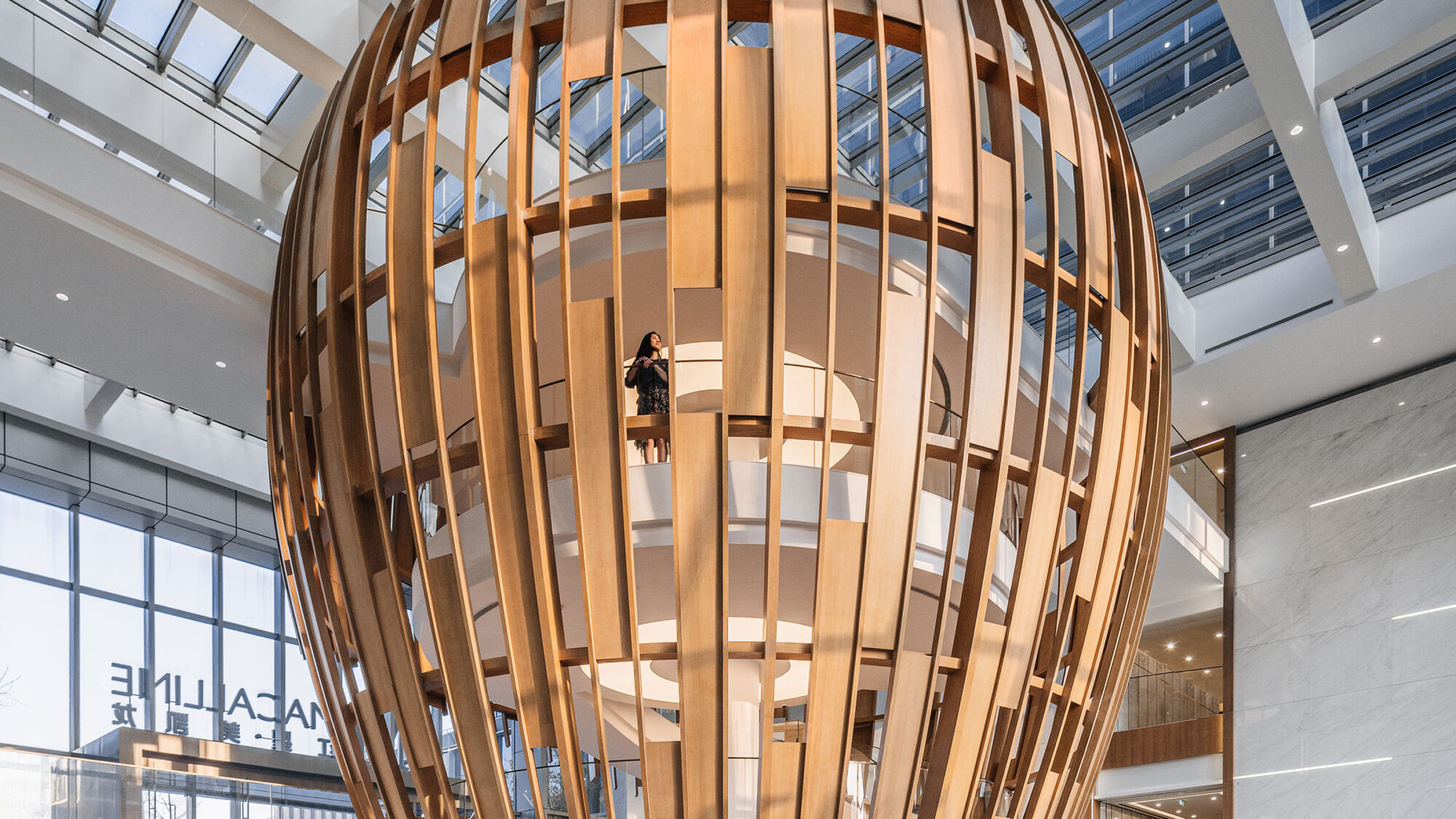

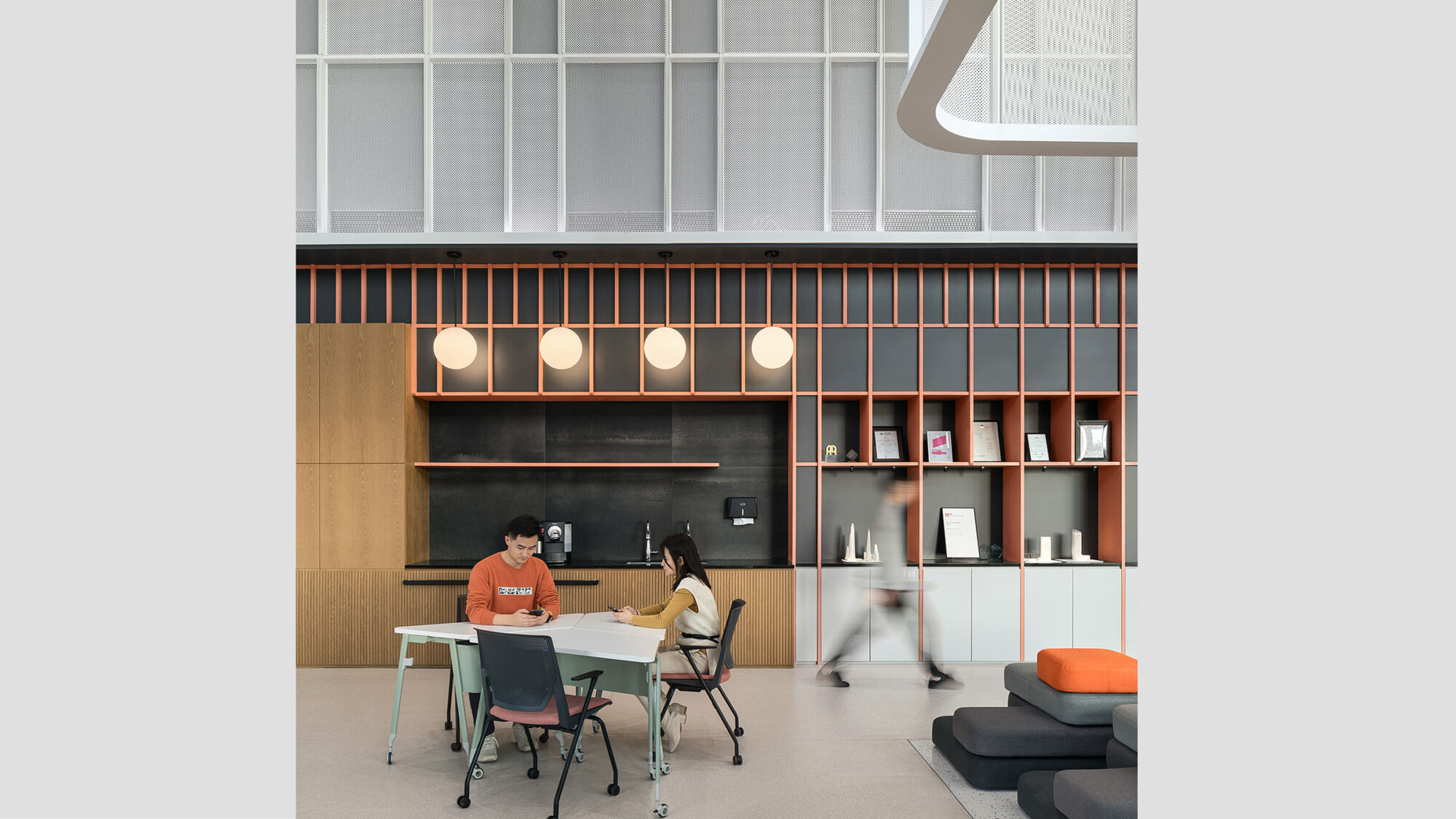







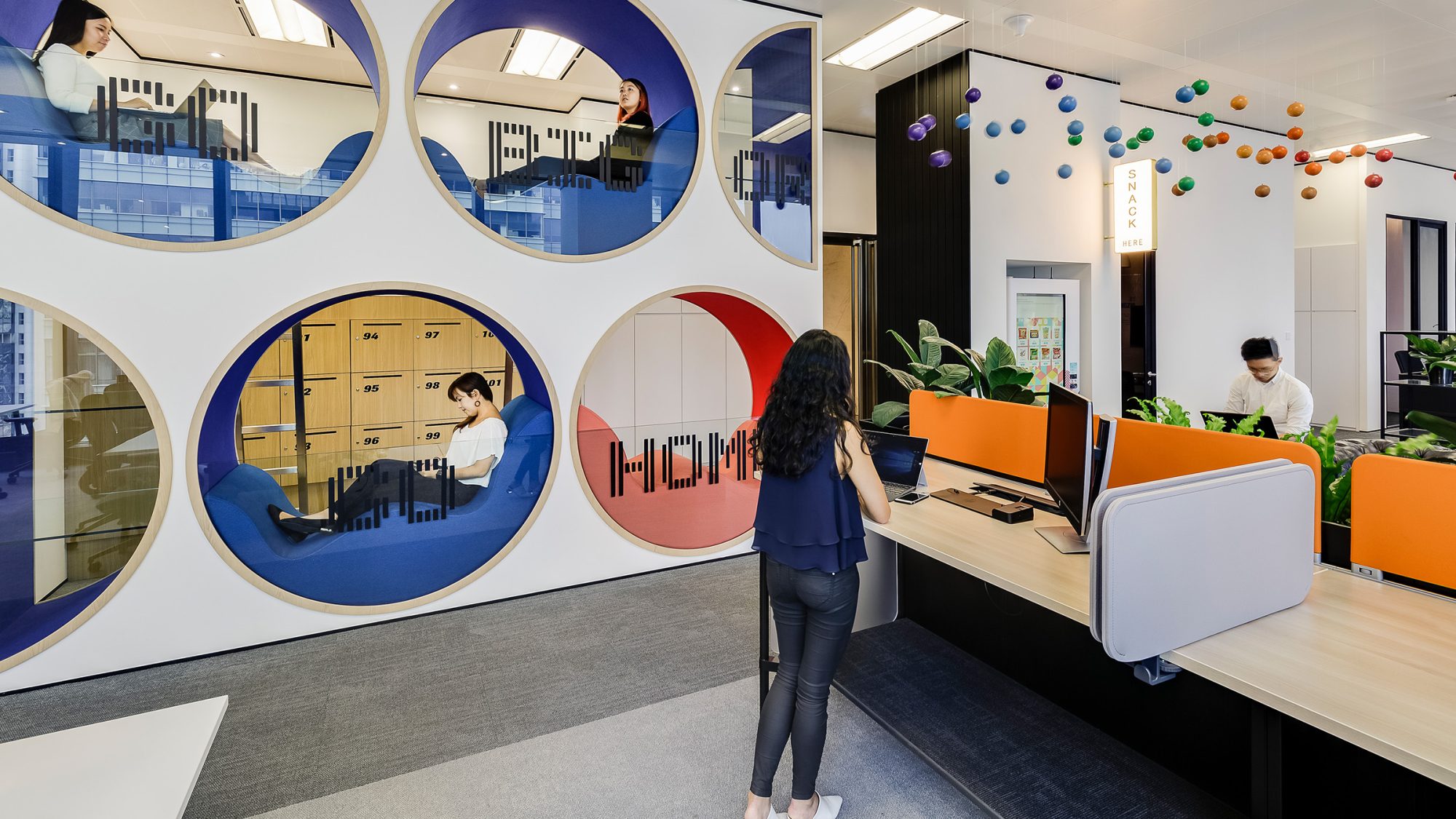
Group Director, Nabil Sabet, explores why the future workplace will value remote working as well as working in the corporate office.
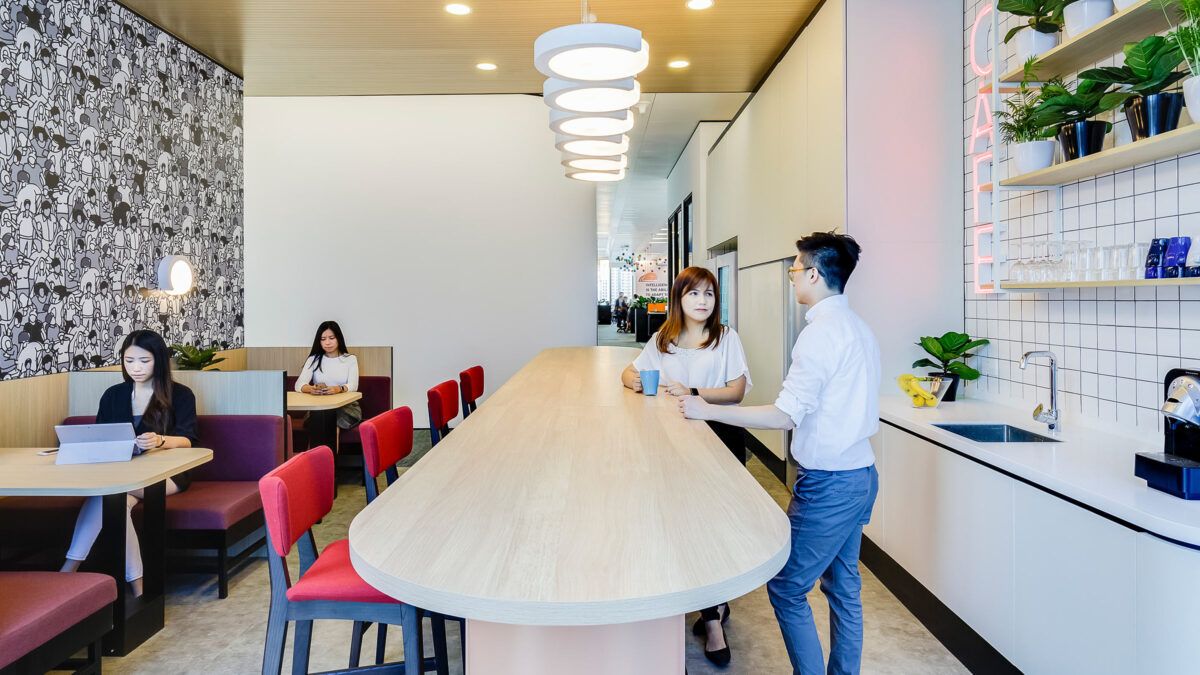
Over the past century, corporate office space has become a staple of the business world. Workplace design trends have evolved and some businesses have flirted with remote working. However the concept of a central location where employees come to work every day remains the standard.
I believe that the physical workplace will always have a critical influence on company culture, brand identity, team building, face to face collaboration and more. However, it can’t be denied that COVID-19 has thrown almost all non-essential businesses into working remotely. COVID-19 has also revealed that the future of work will be a dual frontier – one where remote working is as accepted and as valued as working from the corporate office.
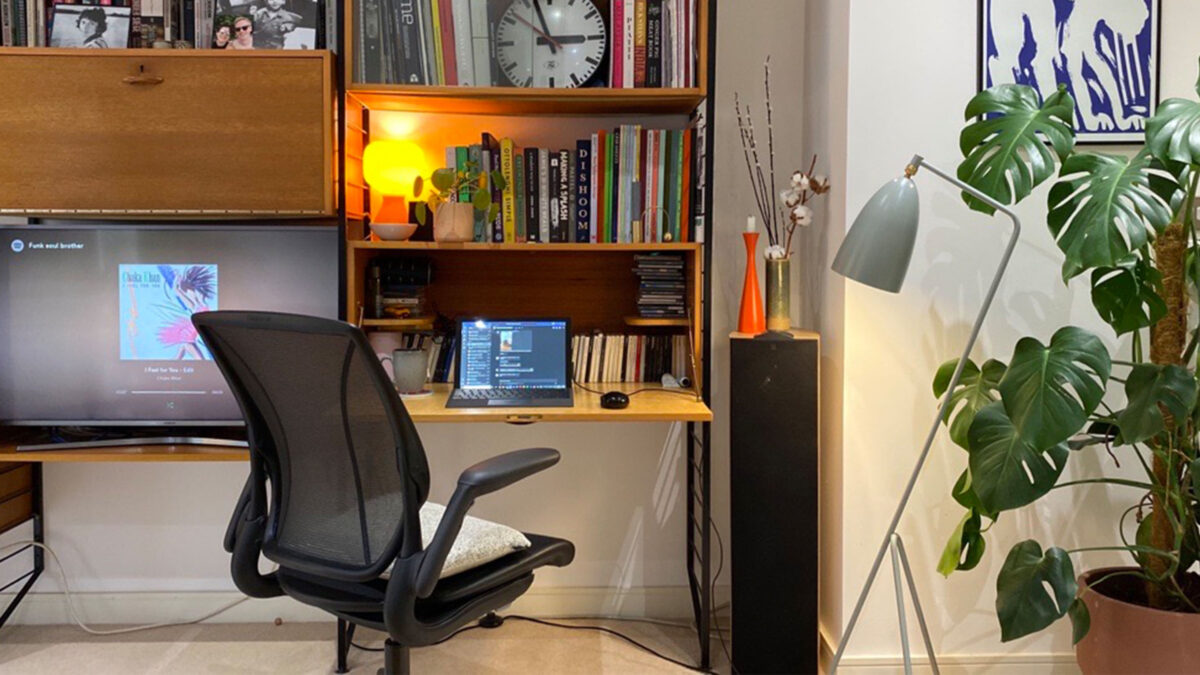
Over the past weeks, companies have found themselves needing to pivot quickly and dramatically from working in a physical workplace to a remote working setting. Some organisations handled the transition smoothly, while others not so much. I’ve come across both types of businesses.
The first is a creative firm with designers, programmers, and project managers. After redesigning their office, flexibility for remote working was integrated into their workflow. File sharing was cloud-based and laptops were prevalent. Most of staff also had unassigned seating. Remote work functionalities weren’t a perk or a back-up plan. They were an integral part of the firm’s culture. So when the pandemic hit, employees closed laptops and went home. They were back online an hour later.
The second company has a similar business offering, but the transition to remote working was much more challenging. Employees were heavily reliant on their physical workspace, desktop computers, and local IT infrastructure.
When they went remote because of COVID-19, they didn’t have access to the files and equipment they needed. Communication and collaboration was difficult. This was because many of the employees lacked the skills to manage remote working tools and work processes. Consequently, productivity and work product suffered.

If the difficulties of the second business sound familiar, you’re not alone. Business leaders who have been reluctant in the past to embrace remote working must consider the following as they prepare for a post-pandemic world:
Companies must rethink their technology to foster flexible working. They must arm employees with devices, communications platforms, and data access that allows productivity in remote working settings.
Leaders should analyse their workflows and processes to ensure they are optimised for a distributed workforce. This includes embracing project-based working models. Clear objectives should be established at the onset with more autonomy given to employees to self-manage and execute their work.
In this new environment, leaders must measure productivity by outputs more than inputs. Also, the traditional “command and control” approach of leading must shift to a more flexible, innovative model. This model needs to promote agility, open communication, and teamwork – even in a virtual setting. Decision making at all levels of the organisation must also be rooted in, and aligned with, the company’s core values. This is so employees have a roadmap that they can follow on a regular basis.
Hiring self-starters – people with a high degree of initiative – is crucial to the success of a distributed workforce. In a company that embraces the new dual frontier, an employee’s skill set is regarded over their location.
In addition to working in project teams, teams must also have access to “homerooms”. These spaces enable communal (both remotely and in-person) knowledge sharing, learning best practices, and connection to broader company and career issues with colleagues.
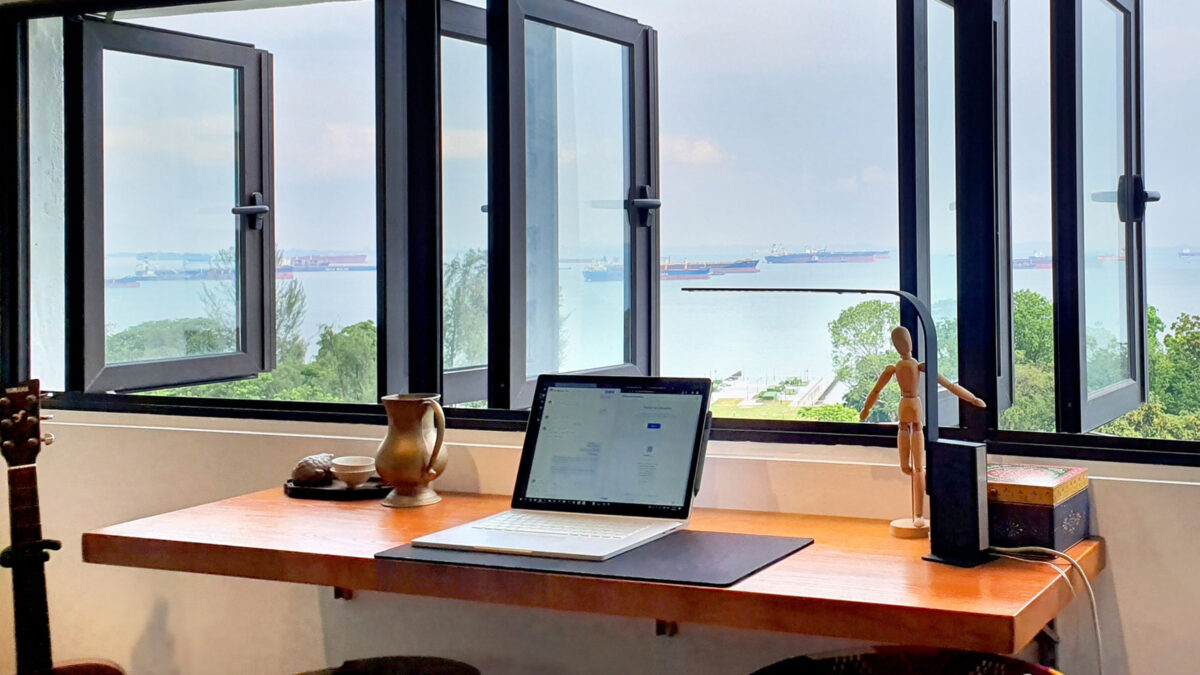
Over the next few weeks, I will be writing a series of articles that dive into more detail about the above considerations. These will include insights from my conversations with clients and my firm’s own experiences in Asia, where companies are starting to return to the office and grapple with the realities of the dual frontier.
Nabil Sabet is Group Director at M Moser Associates, leading North America.
Group Director